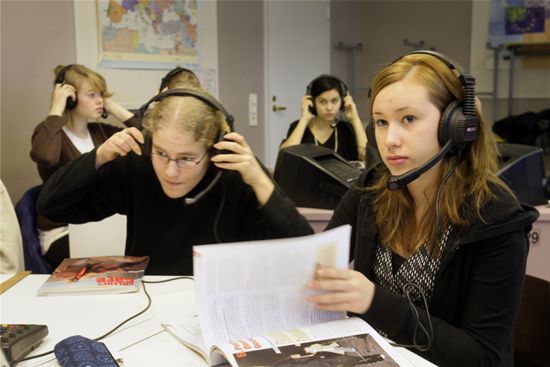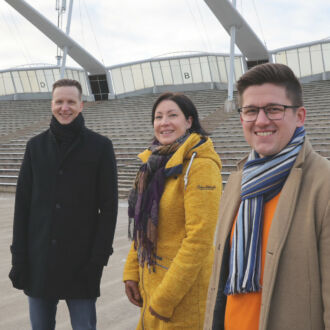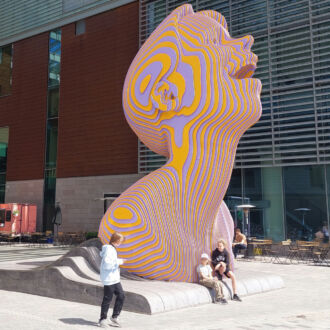How does Finland’s renowned education system mix with the worldwide International Baccalaureate programme when the same school utilises both? We visit Ressu Comprehensive in Helsinki to find out.
Since 2007, the education at Ressu Comprehensive School has been based on a combination of Finland’s national core curriculum and the PYP curriculum (Primary Years Programme) and MYP curriculum (Middle Years Programme) of the International Baccalaureate Organization, IBO. With 430 pupils, 44 full time teachers, 38 different nationalities and two full-time special-needs teachers, Ressu takes pride in 120 years of heritage and in its mission and strategy as an IB school in Helsinki.
“It is good that our curriculum, written by our own teachers, has both programmes, because the Finnish national curriculum is an excellent one anyway,” explains principal Erja Hovén. “Now we have one curriculum that fulfils both programmes. It couldn’t be better!”
Finland has a total of 17 IB schools, including comprehensive and upper secondary, of which two are private and the rest are state-funded schools. Ressu and five others are situated in the Helsinki metropolitan area.
The learning process

Ressu students don headphones for comprehension exercises in the language lab. Photo: Markku Ulander/Lehtikuva
Stimulating problem-solving skills and interaction are elements for which the Finnish school system has often received praise. “Problem-solving is an element that was already incorporated in the Finnish national curriculum. We just emphasise it more in our IB programme.”
“Certain points have had to be stressed [since the IB programme was introduced at Ressu]. For instance, there are more hands-on projects and enquiries. Our students now work with larger projects or personal projects that can take a whole winter.” Hovén pinpoints their “holistic approach” to education, especially in the PYP.
Emphasising strong self-esteem and an active and responsible role in society is what Ressu aims for, which is also in accordance with the original aim of the IB programme to “challenge schools to encourage the students in become inquiring young people, active and knowledgeable lifelong learners through intercultural understanding.”
In addition, Ressu focuses on learning skills and teamwork, which are “just as important as the result,” says Hovén. “We want our students to be critical, to be able to analyse and evaluate the information they receive. Sometimes knowing how to process information is more important than the information itself.”
About language
As in many IB schools, instruction is offered in two languages, the country’s official language and English. Ressu has both Finnish and English language streams. Often the students attending the English stream are temporarily living in Finland, or they are Finnish but have lived abroad.
The stellar results that Finland’s educational system has received in international evaluations in recent years have given the Finns cause to celebrate more than once. In the newest test results from the OECD Programme for International Student Assessment (PISA), released in December 2010, Finland dropped from first place in literacy to second place among OECD participants and third place among all participants, placing it just behind South Korea. And even if Finns are now feeling a certain sense of dissatisfaction about missing their beloved first place, it’s still an excellent result considering that the 2009 survey covered the OECD’s 33 member states and 32 non-members. Finland placed second out of all participants in the science category and sixth in mathematics.
“Of course we like to get high scores,” says Hovén. “It also motivates us. The results are important but they are never do-or-die!”
By Carina Chela, May 2011



